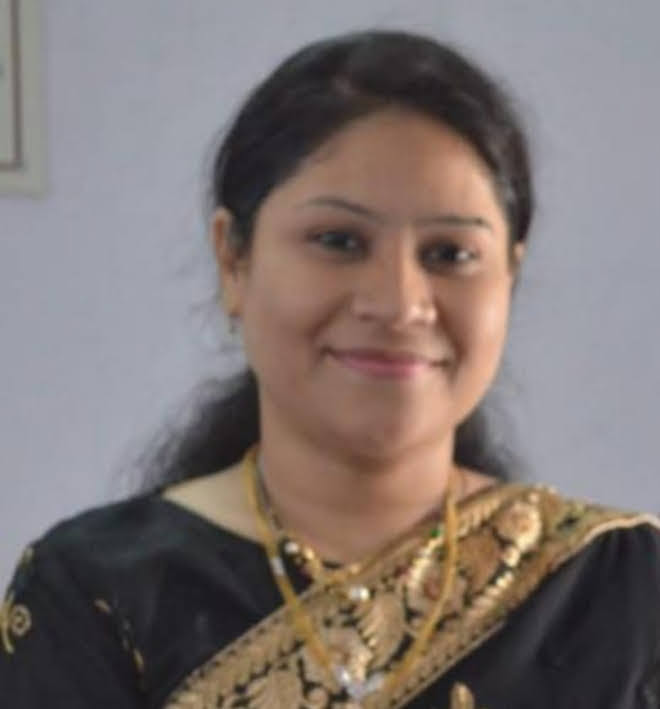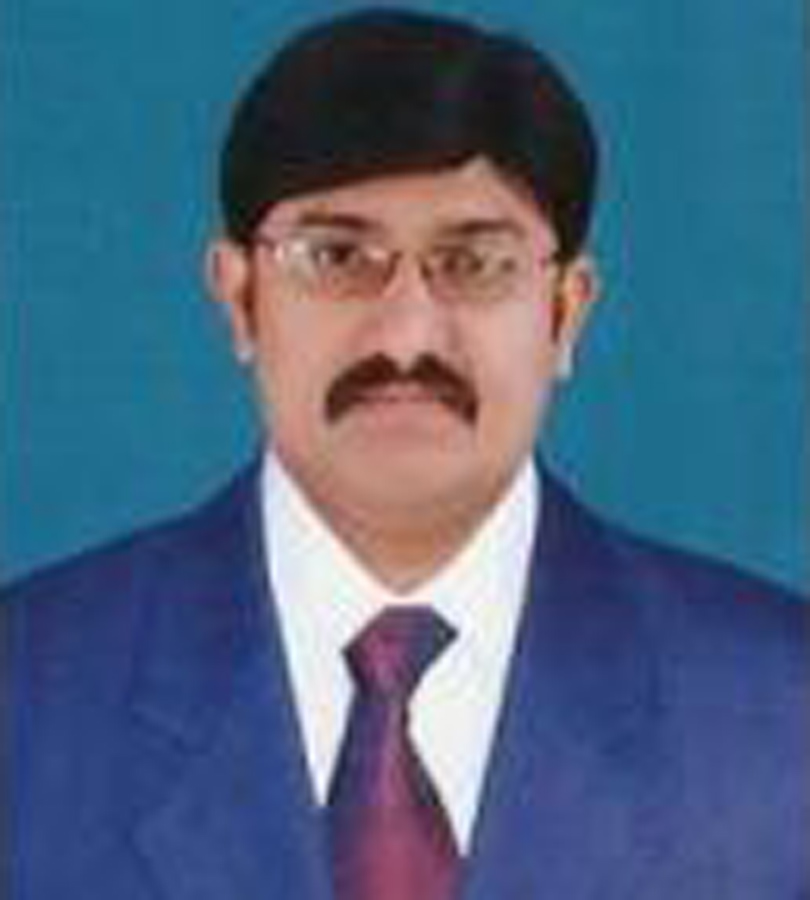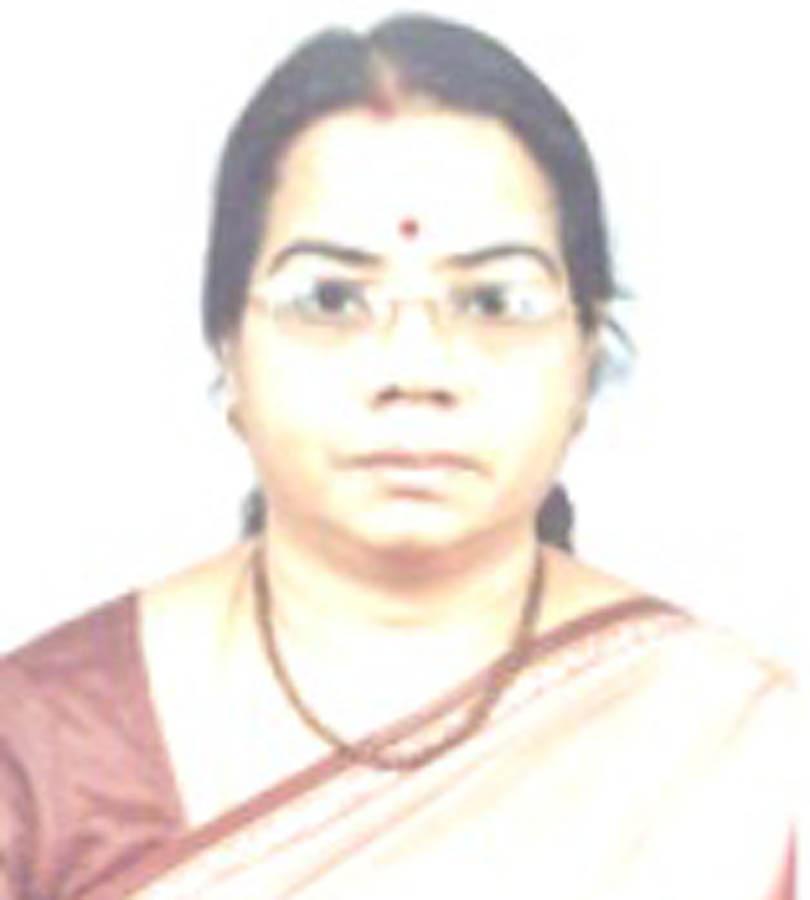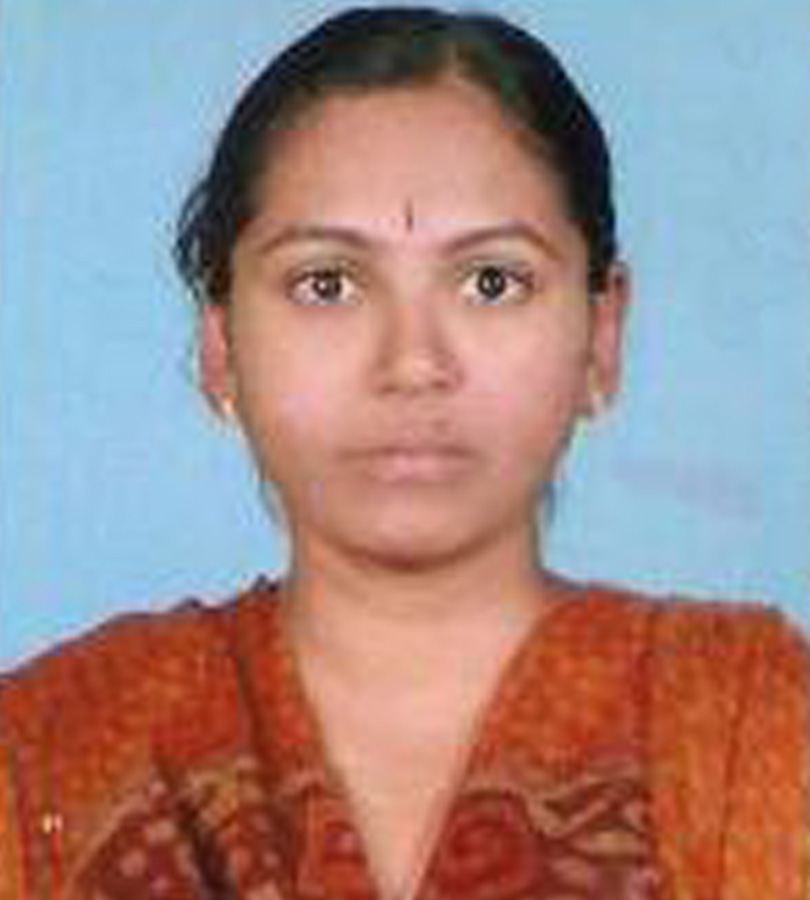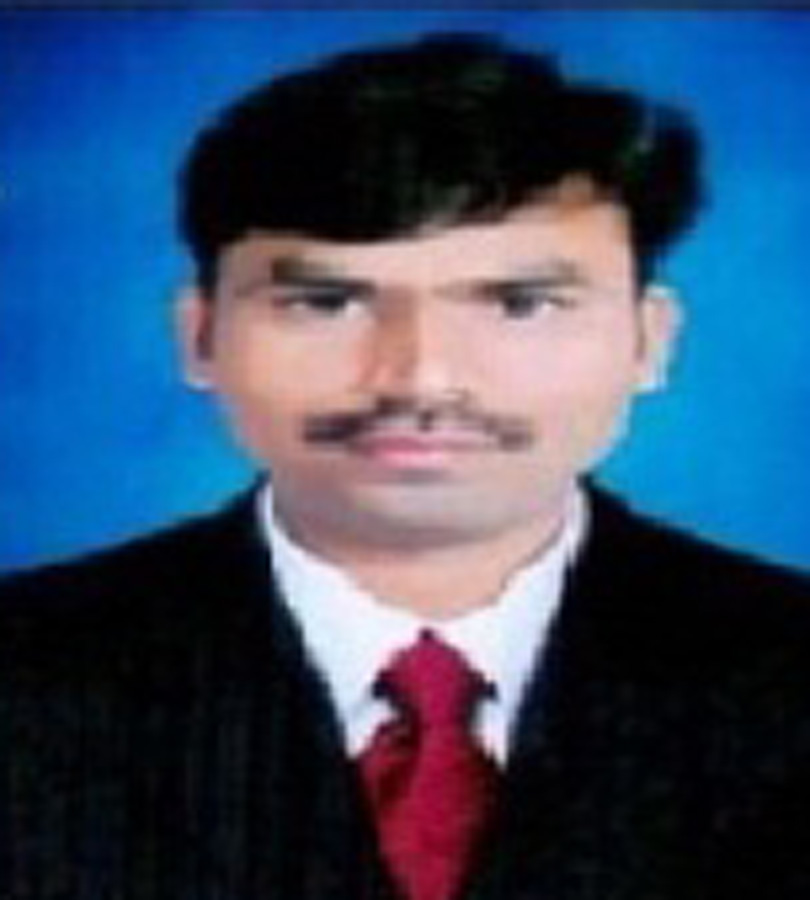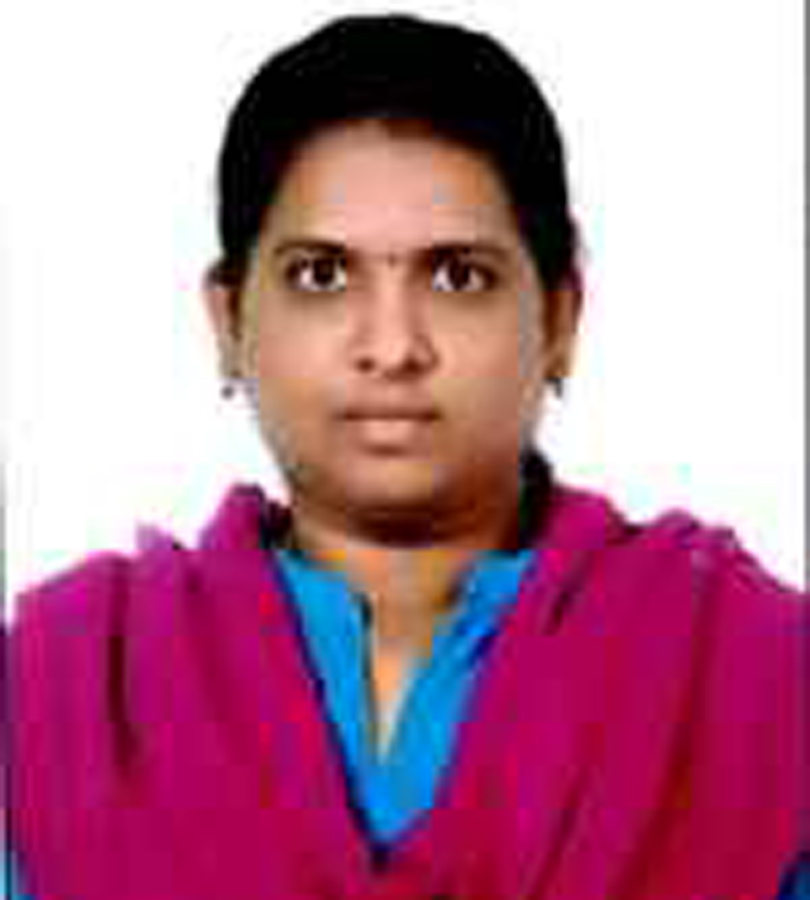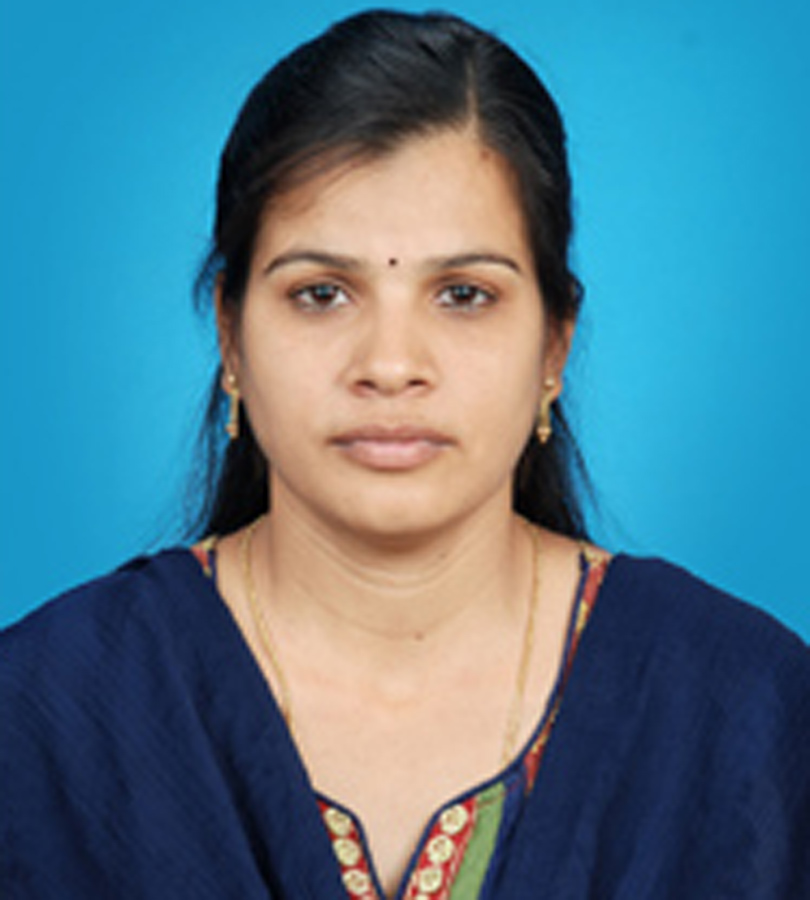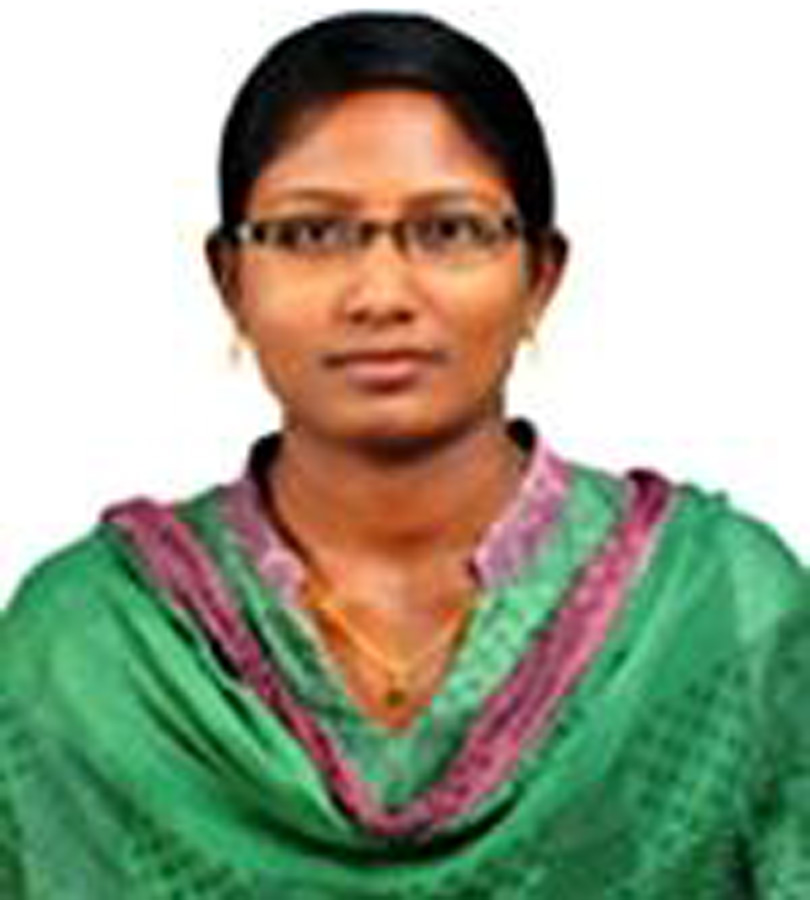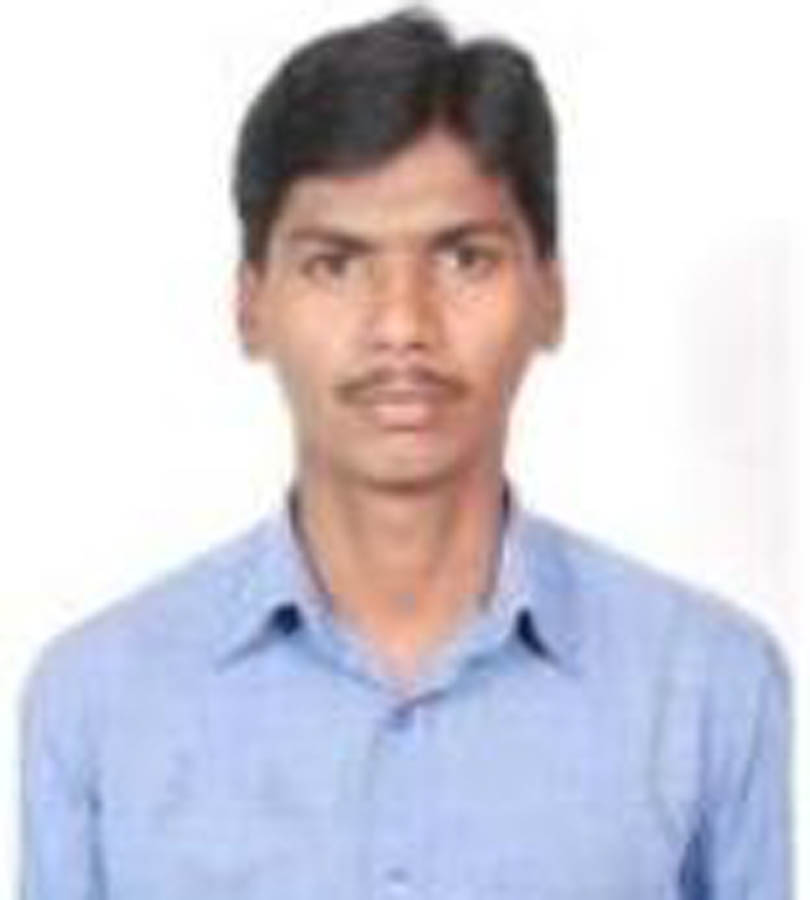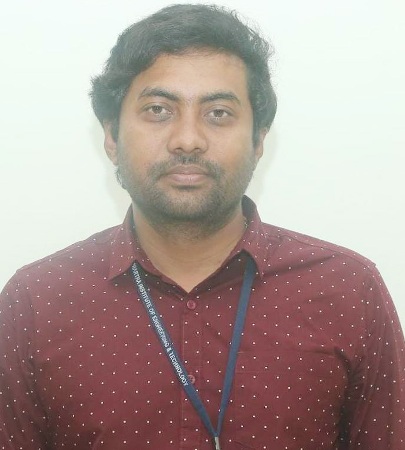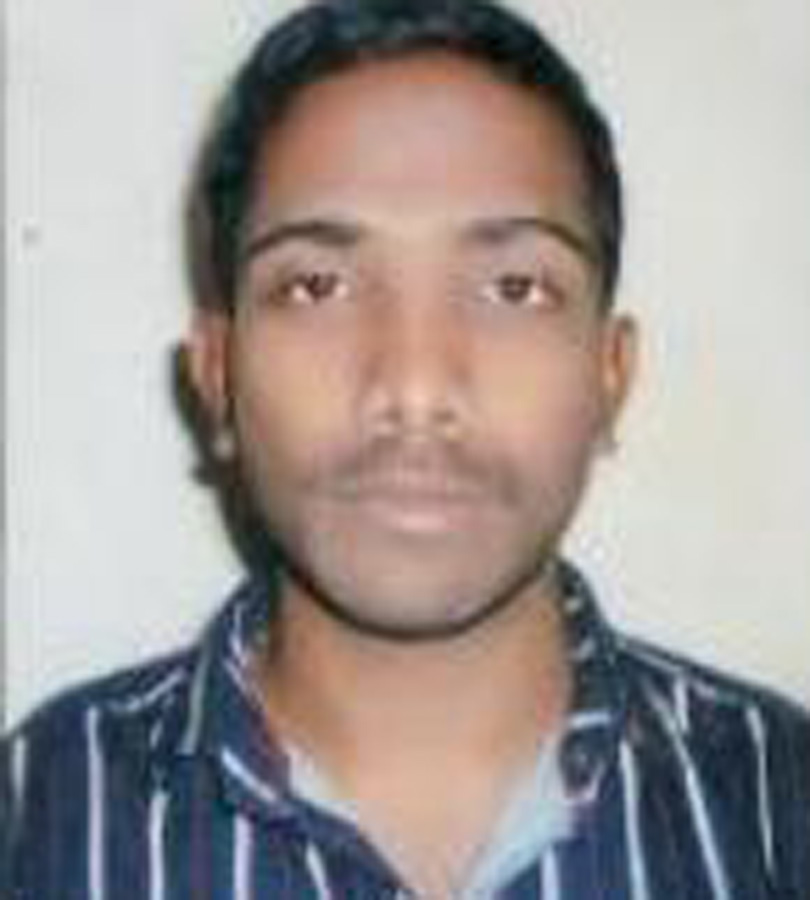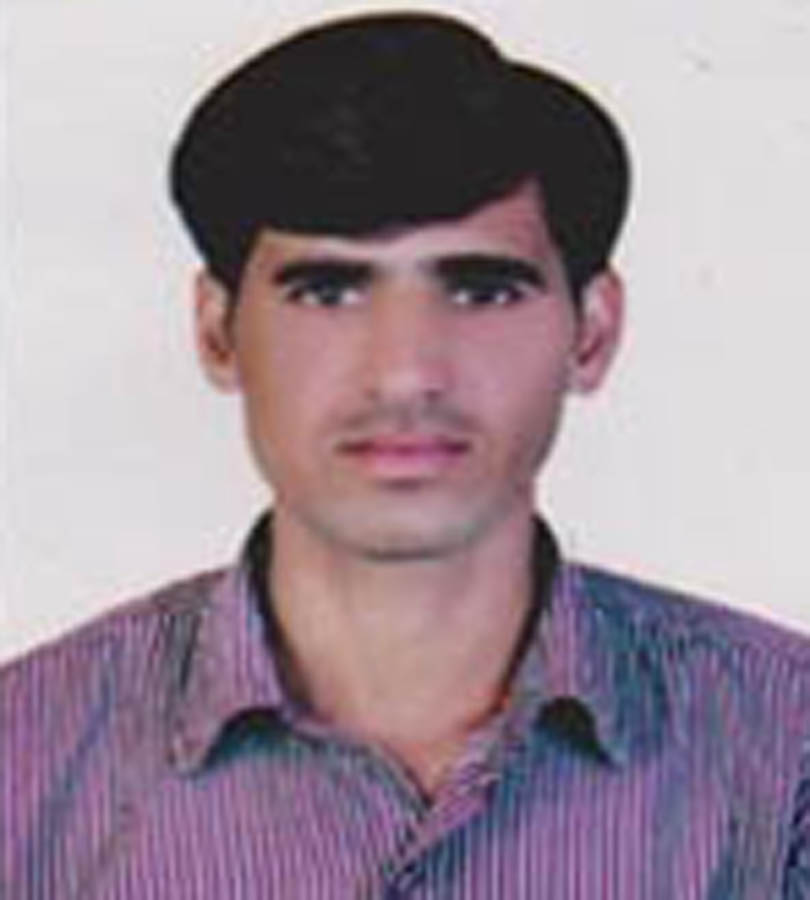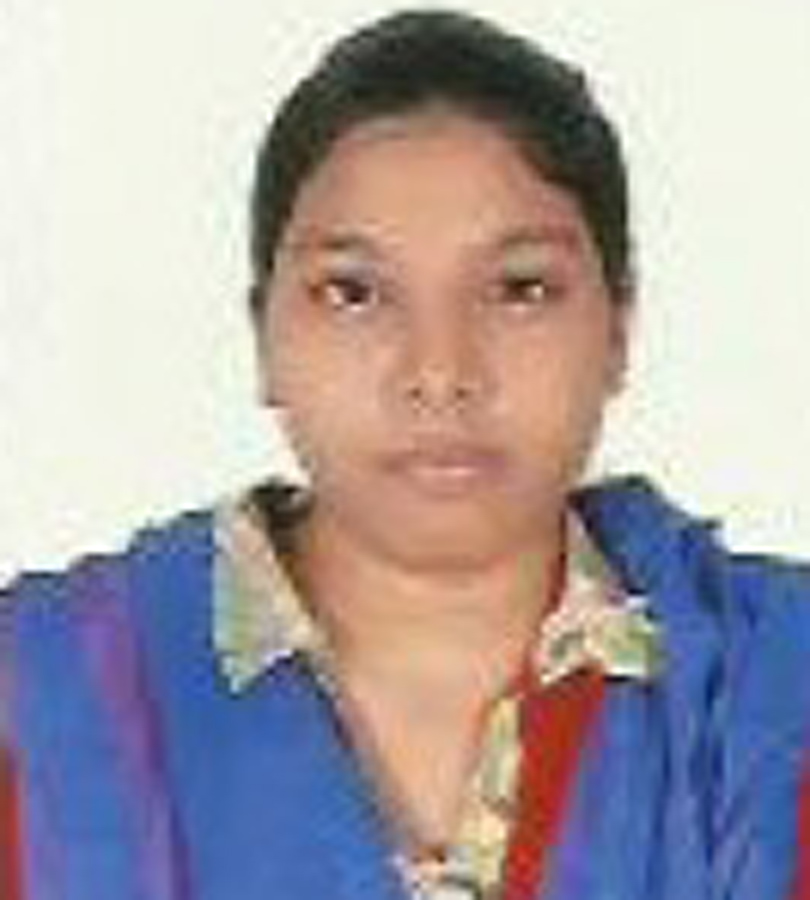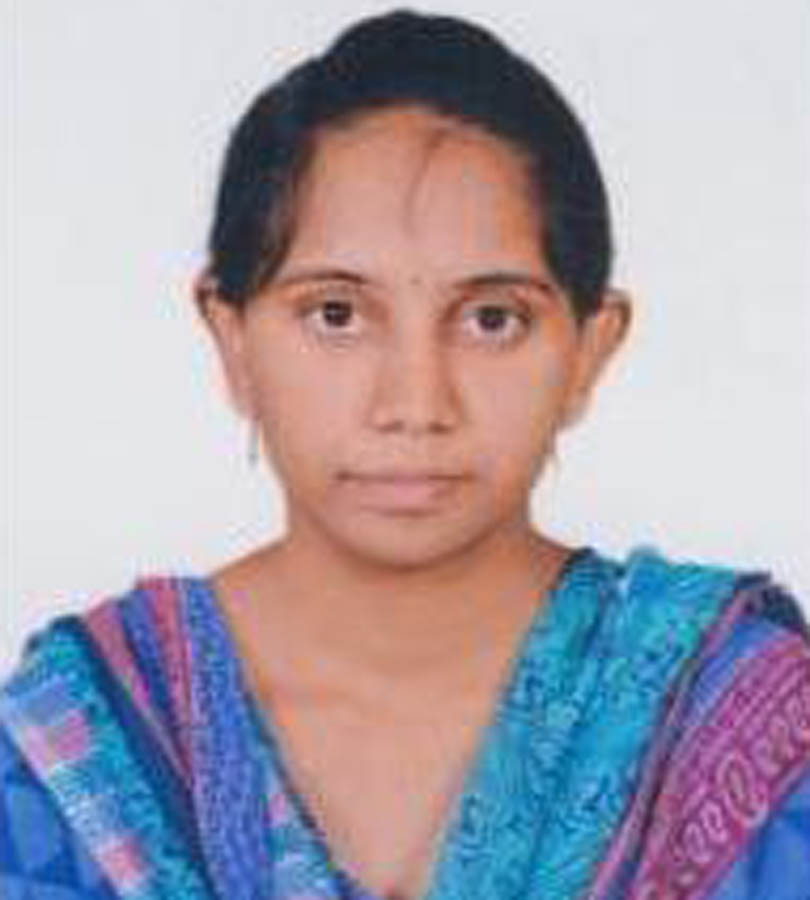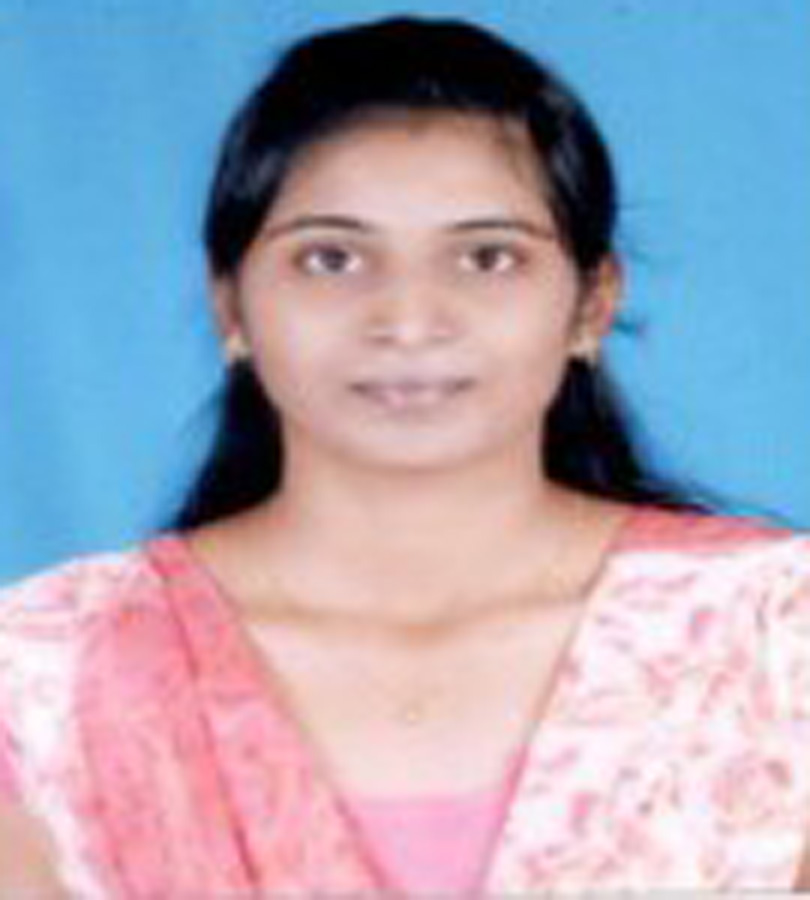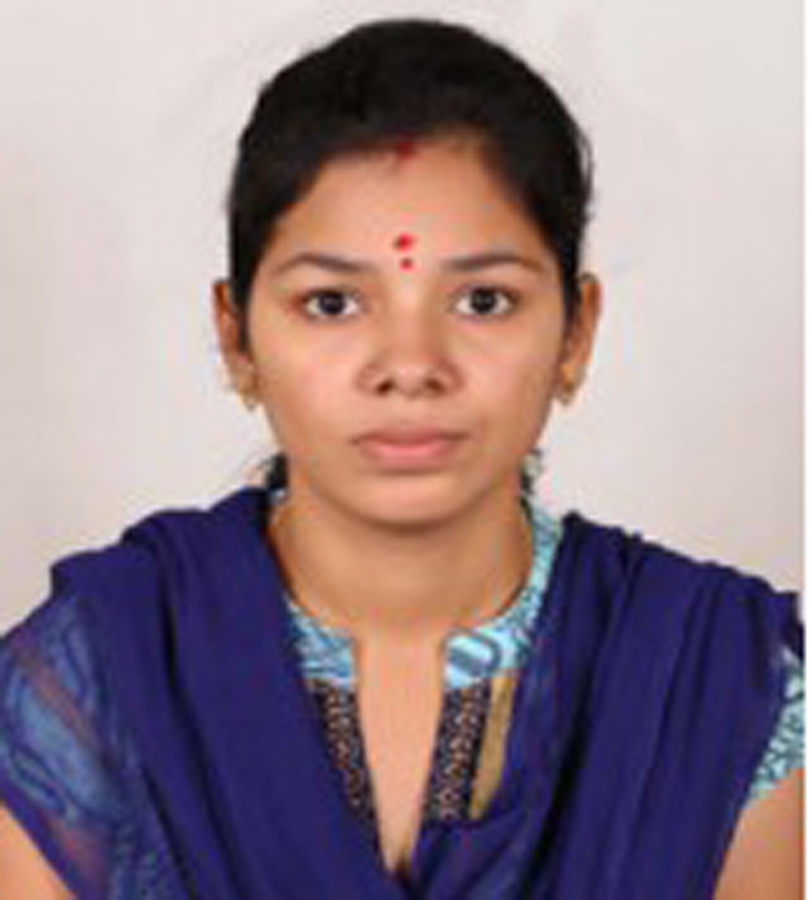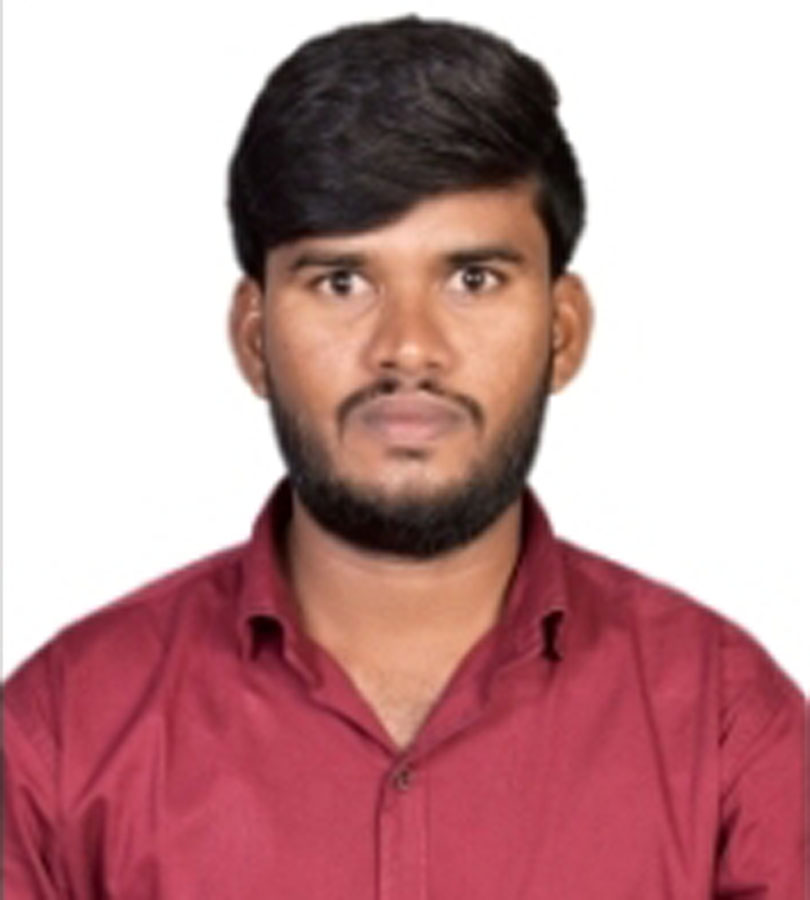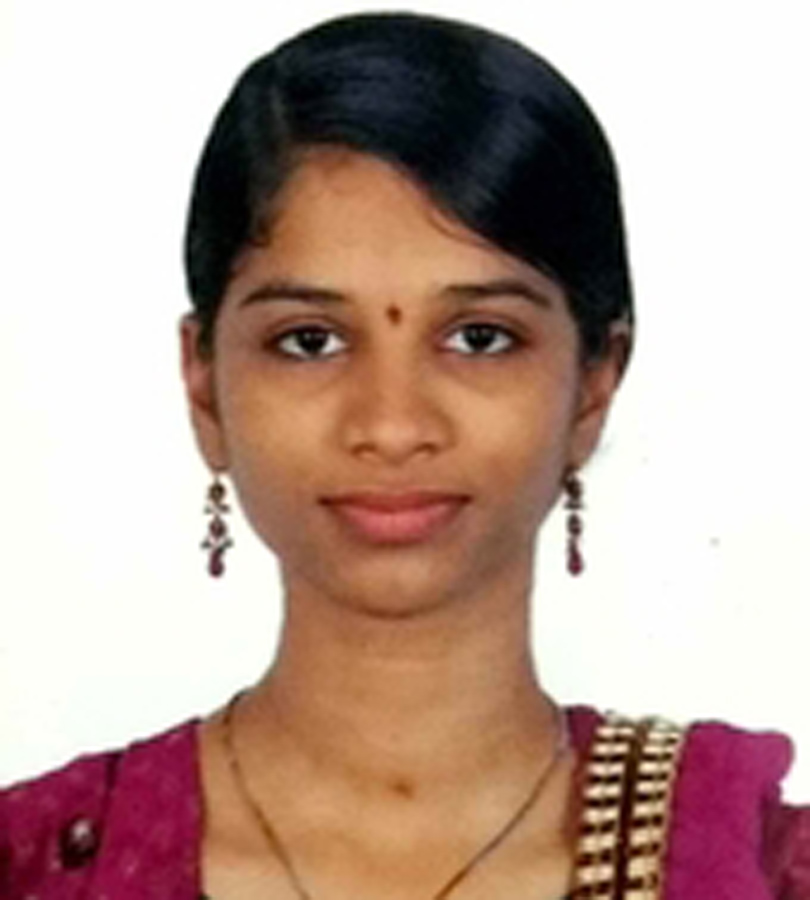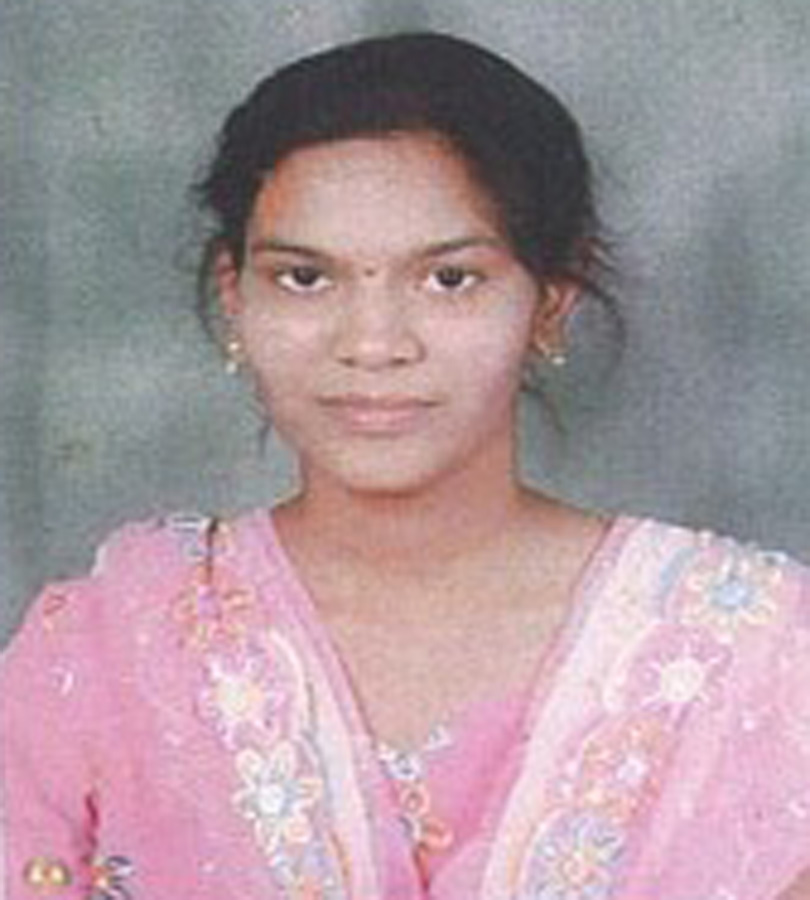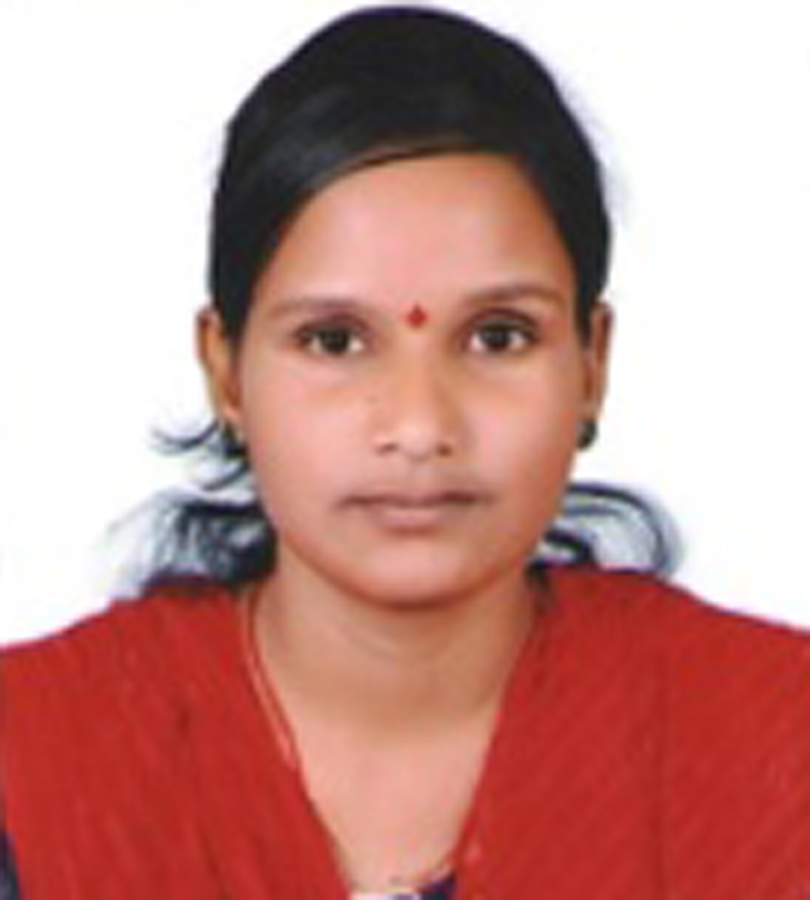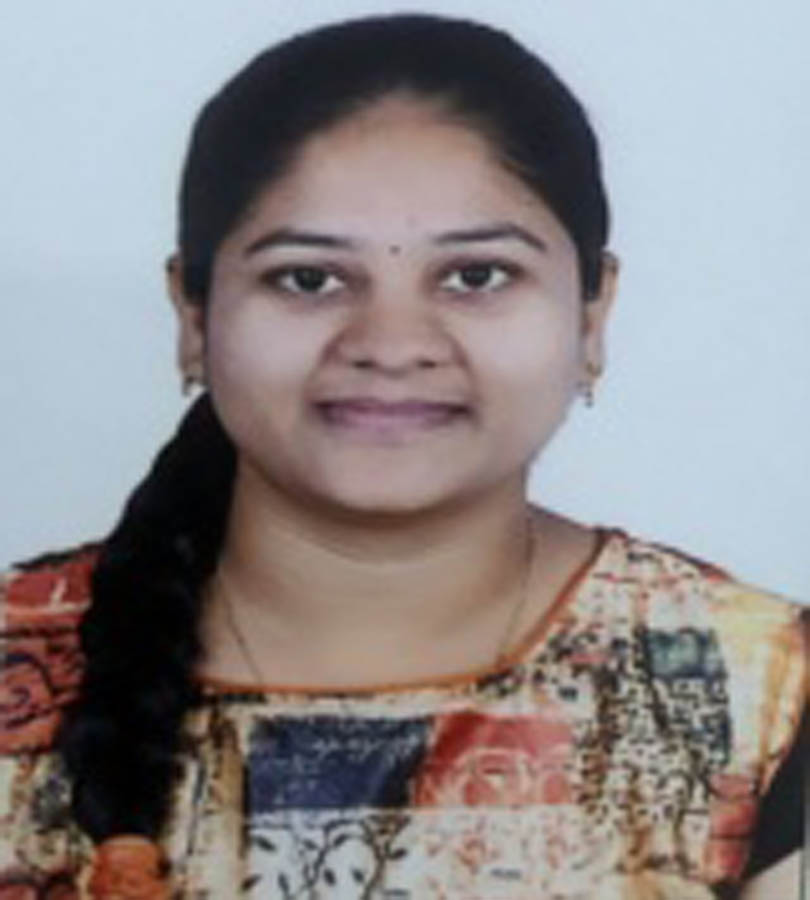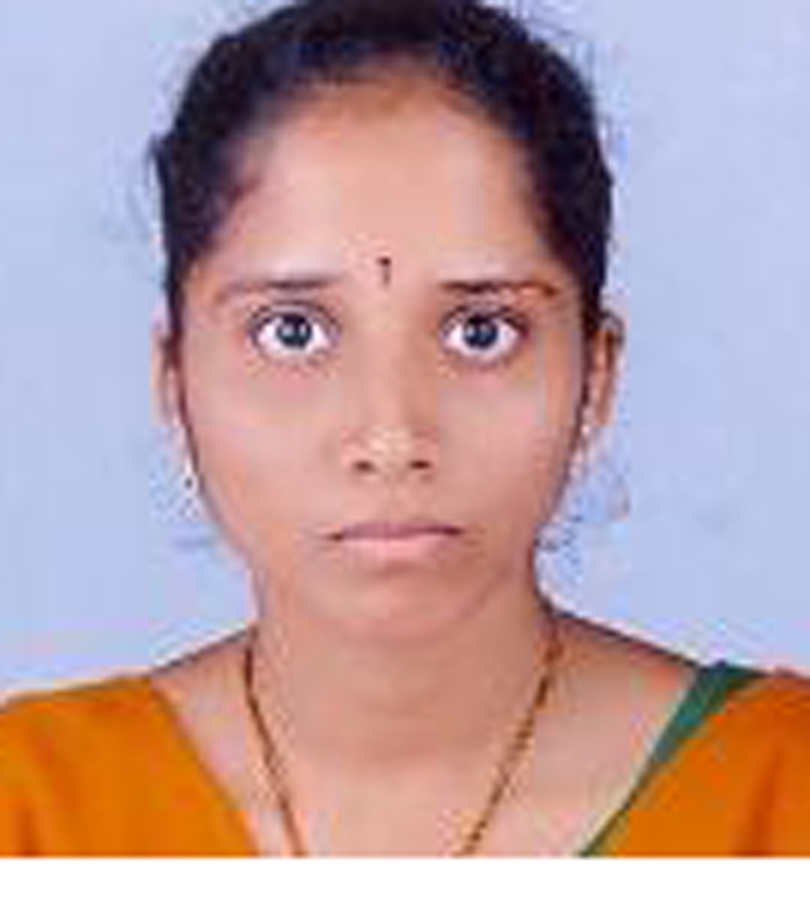About the Department
The department of ECE was established in the year 2008 at the time of inception of the Institute.
The department offers one under graduate B.tech course and two post graduate programmes
(M.tech) with specialization in VLSI design and embedded system and VLSI system design
respectively. The ECE department in one of the significant department of SIET in terms of student
strength and number of academic programmes. Highly dedicated and dynamic faculty are the
strength of the department. The faculty aim to work towards establishing an excellent teaching and
learning environment with to be in pace with emerging trends and technologies.
The department had good infrastructure with advanced laboratories. These is access to high end
MATLAB, XILINX, MENTO GRAPHICS, KIEL and Electromagnetic Simulators.
The faculty have rich experience in teaching. They actively participate and conduct various
research activities and have published a good number of technical publications in various national
and international conferences and proceedings.

